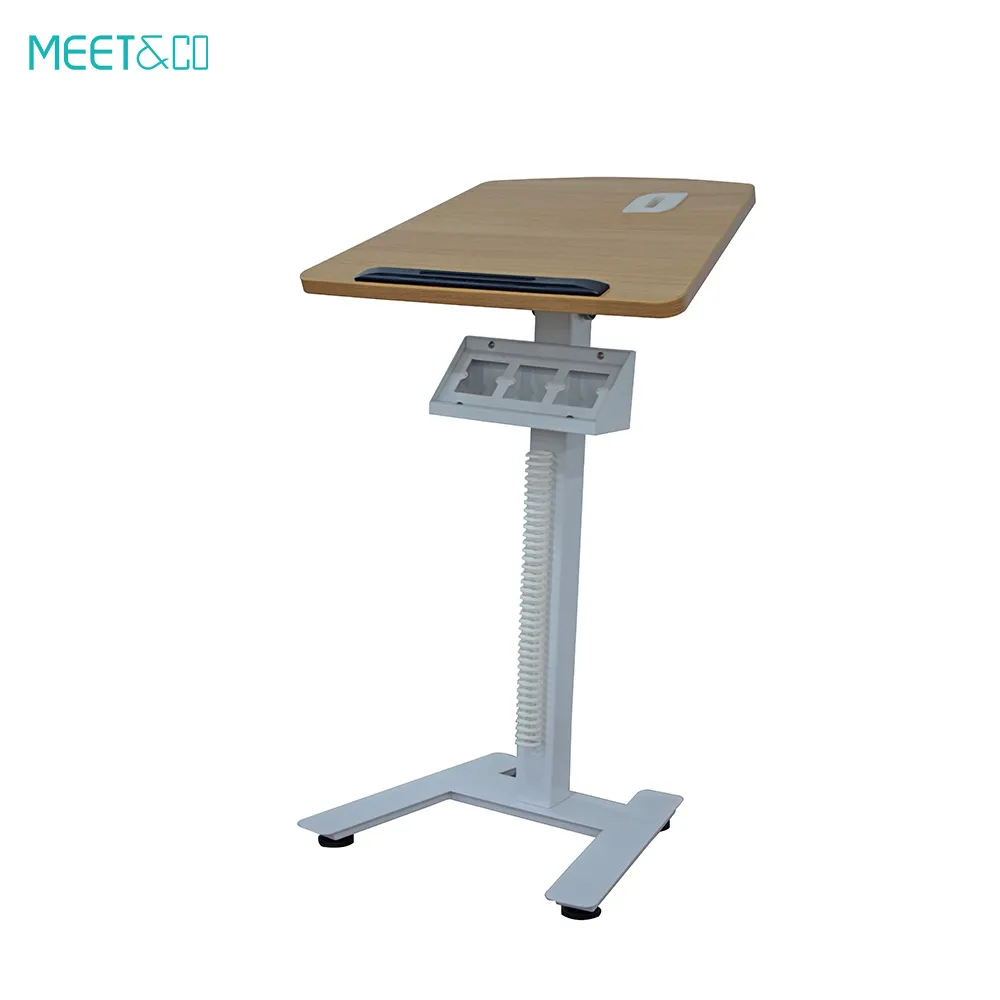Leggett & Platt is taking a leading role in urging accountability for low-cost imported mattress manufacturers who fail to meet U.S. flammability standards. The company has reached out to the Consumer Product Safety Commission (CPSC) and other industry stakeholders to address the issue.
Over a year ago, Leggett & Platt alerted the CPSC about several imported mattresses that failed independent third-party flammability testing, specifically the open-flame test required by CPSC’s CFR Part 1633.
This regulation has been in place since July 1, 2007. Despite this, over 14 months later, the CPSC has issued only three mattress recalls and five product safety warnings concerning mattresses that don’t meet flammability standards.
“This is not just a technical failure, it’s a safety crisis,” said Karl Glassman, President and CEO of Leggett & Platt. “We’ve been testing mattresses for over 50 years, and the speed at which these products went up in flames was alarming. In many cases, there wasn’t even an attempt at flame-retardant protection.”

Leggett & Platt is urging regulators to immediately require recalls, enforce manufacturers to prove compliance across all product lines, and impose penalties on companies that skip legally required testing. They are also calling on online retailers to take more responsibility for third-party sellers.
According to Glassman, the mattresses in question are largely imported from Asia. “Given the legal liabilities in the U.S., I can’t imagine any domestic manufacturer would bypass these regulations,” he said. “No one would risk their business like that.”
He further emphasized that with importers, there is little recourse. “They’ll just change their names and continue,” Glassman explained. “I’m not worried about domestic manufacturers; it’s the low-price imports from Asia that concern me.”
Seven out of eight mattresses tested at Element Materials Technology in St. Paul, Minnesota, failed the open-flame test. Five brands—Crayan, Elitespace, Mubulily, Novilla, and S Secretland—had models that failed three out of three tests.
Two other brands—Inofia and Vesganti—had models that failed two out of three tests. Some of the mattresses reached dangerously high heat release levels within just two to four minutes of ignition, violating U.S. law.
“When you look at the test results, the flashover happens so quickly that escaping from the room would be impossible,” Glassman said. “These mattresses are often found in guest rooms or children’s bedrooms. That’s terrifying.”
Leggett & Platt first discovered the issue when they ordered mattresses online for durability testing and realized many did not meet fire-safety standards. At that point, they turned to an independent lab for confirmation.
“It became clear these products weren’t likely to pass the flammability test,” Glassman said. “We sent the results to CPSC over a year ago, but the pace of enforcement has been frustrating.”
In the past 14 months, the CPSC has issued four mattress recalls, three of which were related to flammability issues. The fourth recall was for a child play yard mattress that didn’t meet size standards.
Additionally, the CPSC issued nine product safety warnings, five of which involved mattresses failing flammability tests, including models from Elitespace and Crayan. The other four warnings were related to infant mattress size standards.
According to the CPSC’s August warning regarding the Elitespace mattresses, the company “has not agreed to recall the mattresses or offer a remedy to consumers.”
The CPSC advised consumers to stop using the mattresses and dispose of them. A similar warning for Crayan, SoFree, and Kudsq mattresses in May indicated that Comfort SCM Co. of Denver had received a violation notice but had not agreed to recall the mattresses.
In some of these cases, Glassman noted, the mattresses failed testing because they lacked the required flame-retardant (FR) protection.
While the exact number of non-compliant mattresses in homes is unknown, Leggett estimates that around 400,000 mattresses from the five tested brands were sold on Amazon between 2024 and mid-2025. The mattresses were purchased from Amazon based on high search ratings, with most sold through third-party sellers.
However, Glassman stressed that the issue is not confined to Amazon. All retailers—both online and brick-and-mortar—must require their mattress suppliers to provide the necessary CFR 1633 certification for every product they sell.
The International Sleep Products Association (ISPA) has supported Leggett & Platt’s efforts, agreeing that government regulators must take stronger action to ensure compliance with flammability standards.
“Compliance with CPSC’s rigorous standards is non-negotiable,” the ISPA said in a statement. “Mattresses that burn rapidly or fail flammability testing have no place in American homes. As the industry’s trade association, ISPA calls on regulators to take stronger action to ensure compliance and protect consumers.”
The association has called for stricter enforcement against both importers and sellers of unsafe products, increased safeguards for online mattress sales, and assurance that mattresses sold in the U.S. meet or exceed federal safety standards.
Glassman emphasized that this is not just a Leggett & Platt issue but an industry-wide concern. “We’ve been in this business for over 100 years,” he said. “All we’re asking for is a level playing field.
If everyone abides by the rules, we’ll compete. But right now, too many unsafe products are slipping through the cracks, and that puts lives at risk.”
He added, “Every one of us in the mattress industry has a responsibility to adhere to the standard. The purpose of certification is to provide consumers with an insurance policy that the product is safe, and their lives and property are safe.”





















_10-1.webp)


